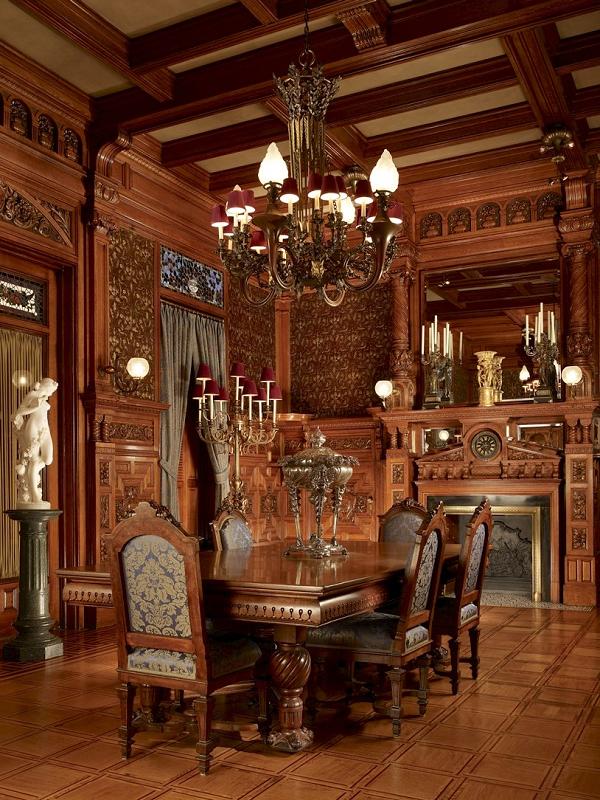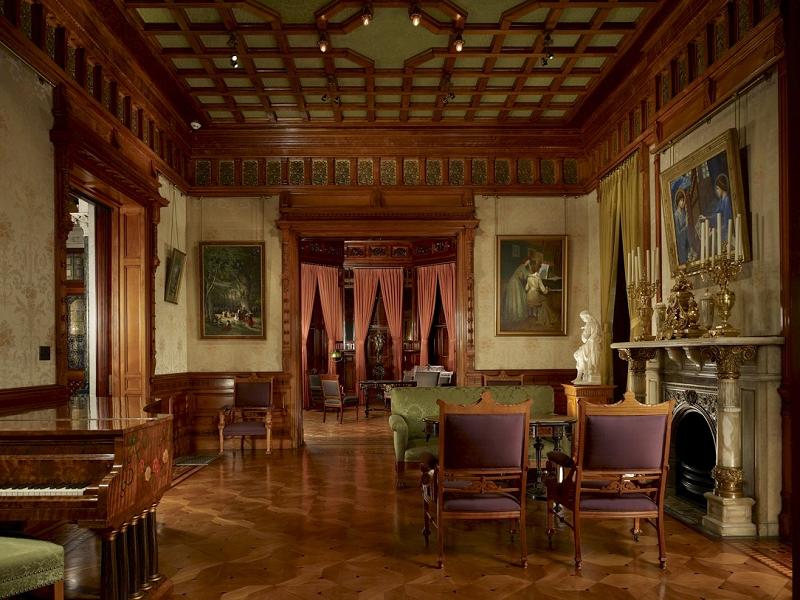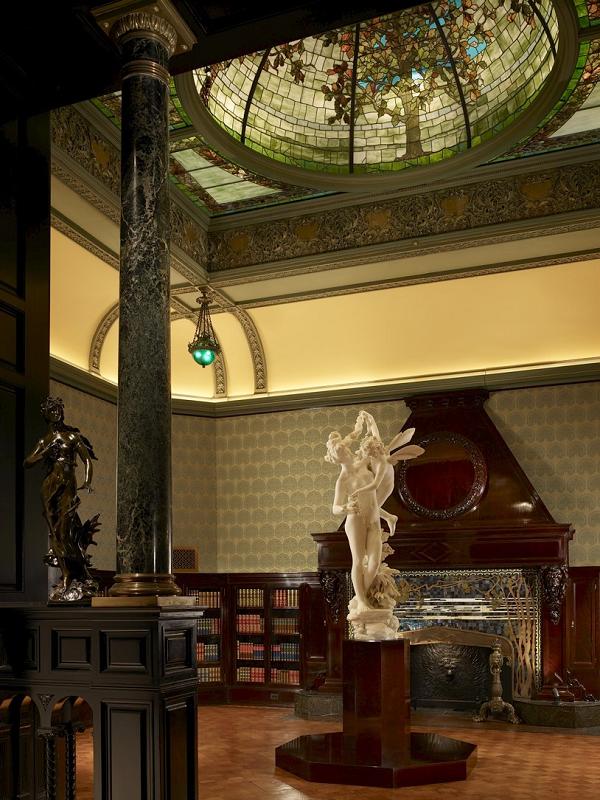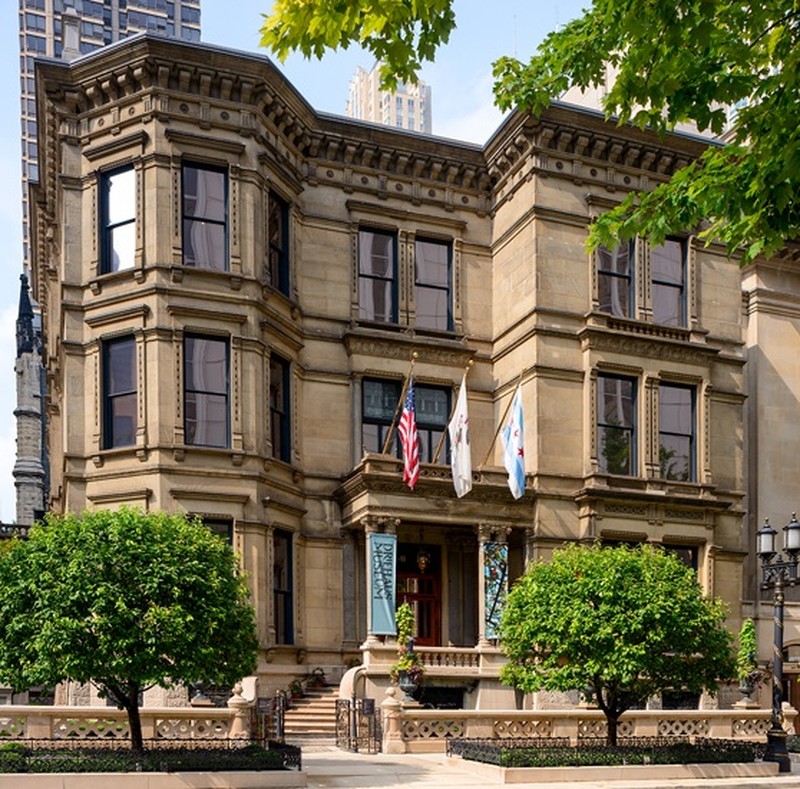From The Archives
Open To The Public
1883 Renaissance Revival
River North
Chicago, Illinois 60611
The Richard H. Driehaus Museum
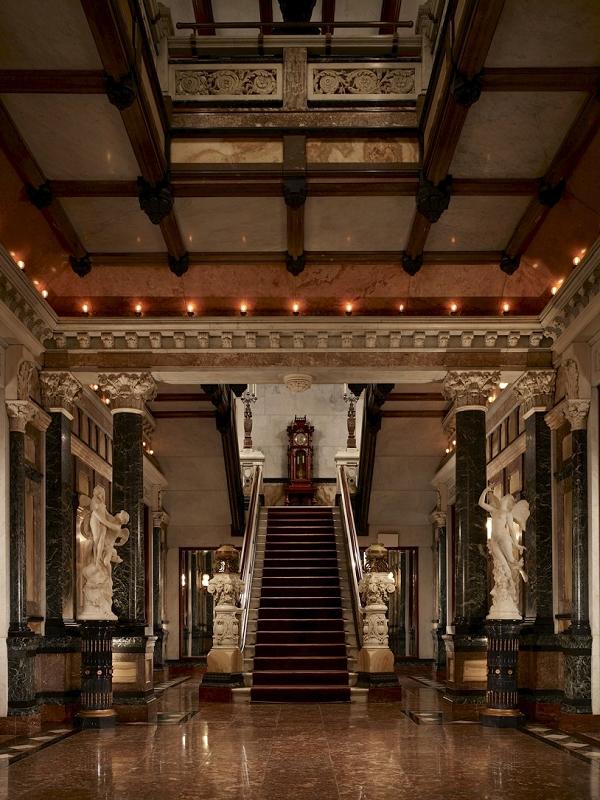
Described as a "splendid survivor amongst the hulking high-rises of River North," the Museum is a fascinating showcase for late nineteenth and early twentieth century art and design, displayed against the magnificent backdrop of the newly restored Nickerson Mansion. The Driehaus Museum is a must-see attraction for those interested in American architecture, decorative arts, historic preservation, and the history of Chicago.
Scroll down below the map for more information
Like This Listing?
Contact Information:
The Museum entrance is located at 40 East Erie Street, Chicago, IL, 60611
Phone: 312.482.8933, ext. 21.
info@driehausmuseum.org
Tell 'em you saw it on OldHouses.com!
The Richard H. Driehaus Museum
In 1879, Samuel M. Nickerson commissioned a new house from the architectural firm of Burling and Whitehouse of Chicago. Edward Burling (1819-1892), who held the distinction of being one of the city’s earliest professional architects, had previously designed the First National Bank building in Chicago, of which Nickerson became president in 1867. Burling’s junior partner, Francis Meredith Whitehouse (1848-1938), was from a wealthy New York family, and had studied architecture at the University of Göttingen, Germany.
While Burling and Whitehouse lent their considerable skills to the overall architectural design of the mansion, the responsibility for the elaborate interiors themselves was placed in the capable hands of a number of highly skilled decorative cabinet makers, William August Fiedler (1843-1903), and the firms George A. Schastey & Co. and R.W. Bates & Co.
The Marble Palace, as Nickerson’s house became known, cost a staggering $450,000 to build and was the largest private residence in Chicago at the time of its completion. According to the Inland Architect of February 1883, the house “reached a standard of excellence never before attained in Chicago.” The exterior of the building reflects a monumental yet restrained classicism, while the interiors suggest a masterful combination of Renaissance Revival and Aesthetic Movement design. The eclectic ornamentation found throughout the house, derived from natural forms and historic sources, represents the prevailing design philosophies of the period.
In 1900, Nickerson left Chicago for the East Coast and sold his Erie Street residence to Lucius George Fisher (1843 – 1916), President of the Union Bag and Paper Company. Upon Fisher’s death in 1916, the house was put on the market for sale. It was purchased three years later by one hundred prominent Chicagoans, who donated the building to the American College of Surgeons. In April 2003 the house was established as a museum by Chicago philanthropist Richard H. Driehaus. Between 2003 and 2008 the Nickerson House underwent a meticulous and extensive restoration to transform it into the Driehaus Museum.
Archived in October, 2008
Comments & Feedback
All information deemed reliable but not guaranteed and should be independently verified. All properties are subject to prior sale, change or withdrawal. OldHouses.com is not responsible for any typographical errors, misinformation, misprints and shall be held totally harmless.


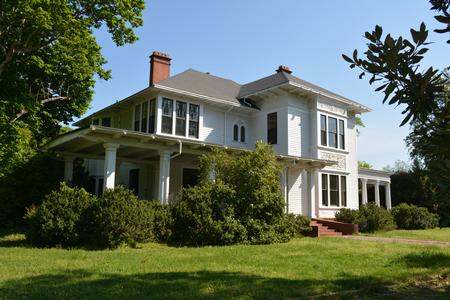 OldHouses.com headquarters, Union, SC.
OldHouses.com headquarters, Union, SC.
